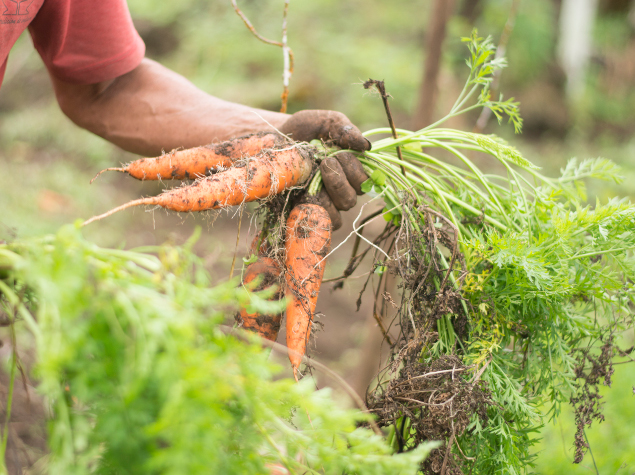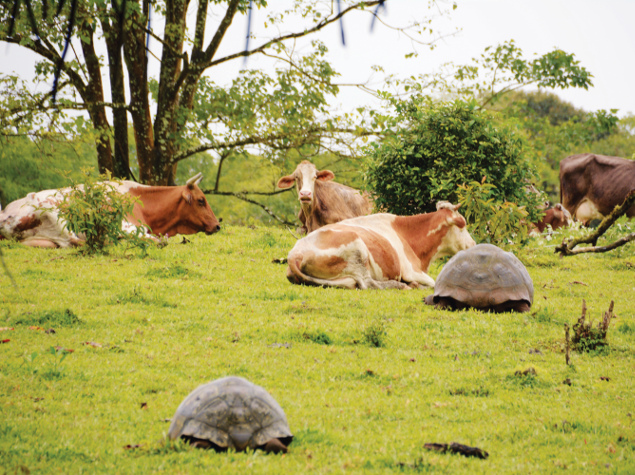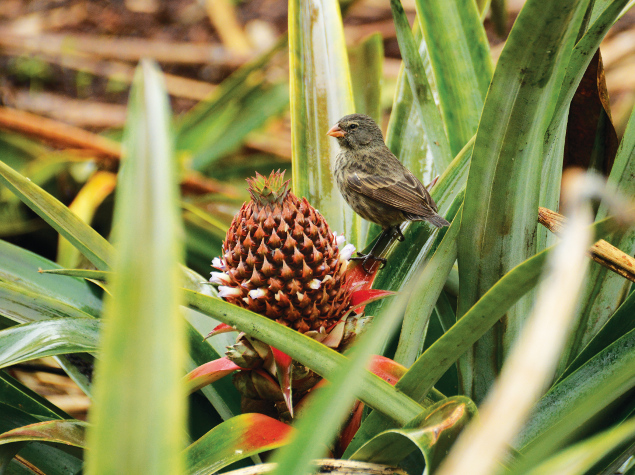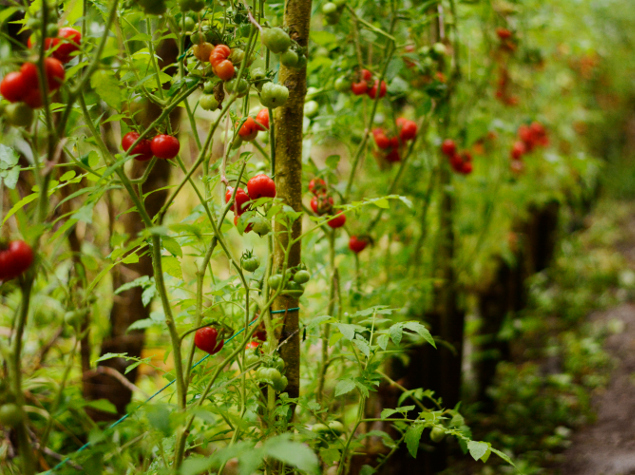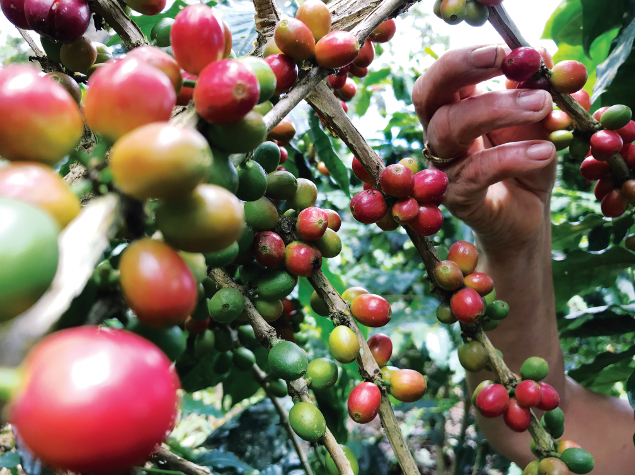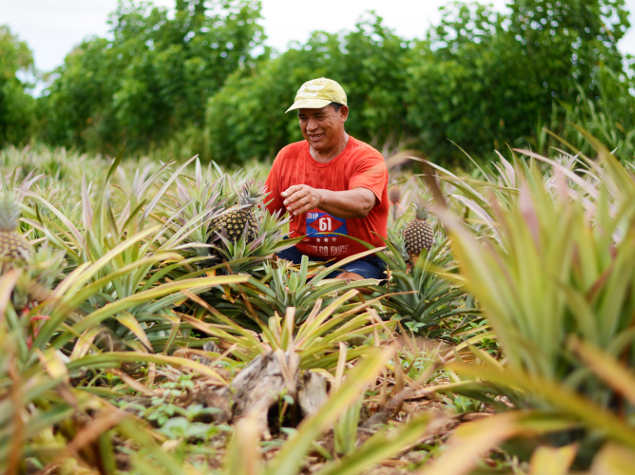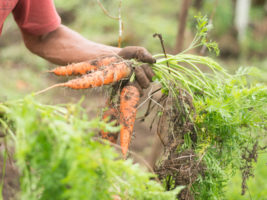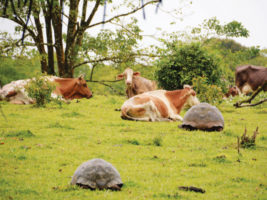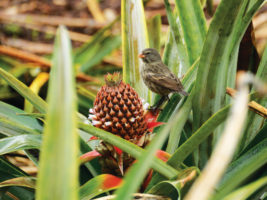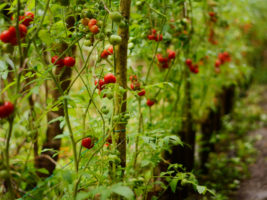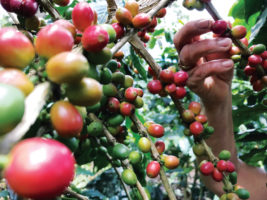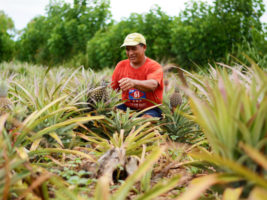Sustainable agro-ecological systems to promote the adaptation of communities in the Galapagos islands to climate change
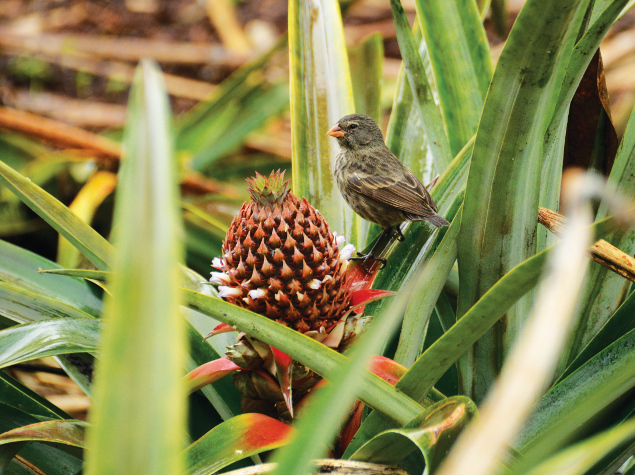
Context:
Invasive species are one of the most serious threats to the biological stability of the Galapagos Archipelago. The low agricultural profitability, due to competition with imported products, and the low control practices lead these areas to become hotspots for the introduction and dispersion of such species. Simultaneously, conventional agriculture has led to a dependency on agrochemicals and pesticides, which, because of the permeability of the soils, leach to the underground aquifers – the only source of freshwater on the island. Years of conventional agriculture have also caused significant soil erosion.
There is also little gender inclusion on these islands. For example, in the rural areas of Santa Cruz, workforce participation in agricultural activities is made up of 86% men vs 14% women.
Objective:
Conservation International – Ecuador, in coordination with the Ministry of Agriculture and Livestock, will lead a Conservation Agreements program that supports a transition to sustainable production, improves livelihoods, and reduces dependency on imports that currently drive invasive species introductions on Santa Cruz island. The program will also raise awareness about the potential climate change adaptation and mitigation benefits offered through agro-ecological techniques and improve sexual and reproductive health issues in the gender relations with men and women farmers in the upper Santa Island.
Activities:
To improve the agricultural system on Santa Cruz Island, four key activities are planned:
- A model for the island’s agroecology will be built, in accordance with the Natural Heritage of Humanity Scenario, which guarantee a reliable and sustainable supply of local agricultural products and contribute to the conservation of the island’s ecosystems by reducing dependence on imported products. The strengthening of marketing chains is also a very important factor, both to increase the income of farmers, and to make visible the existing production, and in turn the demand of products from the community and tourism sector to consider this local alternative.
- The creation of a Field School, which is a source of key information transfer and collection, has been foreseen. Information on resilient and effective agricultural processes that have been used ancestrally will be spread as well as the environmental importance and consequences for climate change.
- The project will also strengthen the production of cultivated areas with an agroecological model, and the adequate management of non-cultivated areas in order to intensify the control of invasive species.
- The issue of gender equity, with emphasis on sexual and reproductive health will be mainstreamed in the project.
Final report summary (December 2021):
The project aimed at improving the food systems on Santa Cruz Island, in the Galapagos, and at generating better income for families who signed Conservation Agreements (CA). 49 producers (out of an initial target of 40) have signed a CA: 40 in the island of Santa Cruz (245 ha) and 9 in Isabella island (138 ha), totaling 383 ha under CA. Due to high interest in the CA model, the scope of the project was expanded to Isabella Island, which was not planned initially. To raise awareness about the potential climate change adaptation and mitigation benefits offered through agroecological techniques, 21 field schools were carried out during the project (17 in Santa Cruz and 4 in Isabella) and 62 technicians from different institutions have been trained and have been linked to the CA strategy as part of the preparation of the technical staff to teach field schools.
To strengthen short marketing chains, an agricultural store was created in September 2020. The association “I only sell what I produce” was also created and has 22 members with CAs. Through a Mobile Application and the Store, 30 additional farmers joined to sell their production. CI Ecuador also joined this activity through the purchase of 2,084 food-kits that were delivered to people in a state of vulnerability due to COVID-19 (with local perishable products purchased from farmers using the application).
To build a model for agro-ecology in the Galapagos, the project also drafted an Eco-sustainable Agricultural Plan for Galapagos which could not unfortunately be approved during the project duration as the MAG priority was to support the Province’s economic reactivation and ensure food production for the local population in the COVID context. However, in March 2021 in a meeting held by the Galapagos District Directorate with the Vice Minister of Agriculture and Livestock, they indicated that the production model proposed in this draft is currently being implemented in the Agricultural Production Units of the Province. While the initial goal was to present only 1 public policy to the Governing Council of Galapagos (CGREG), 4 public policy proposals were actually presented and approved to restrict importations permanently (ordinance restricting the entry of whole yogurt; resolutions restricting the importation of roasted and ground coffee and of mozzarella cheese) or partially (from October to March for kidney tomatoes), to protect local production. 21 social marketing activities were also carried out during the project to raise awareness in the community about the importance of consuming local production.

